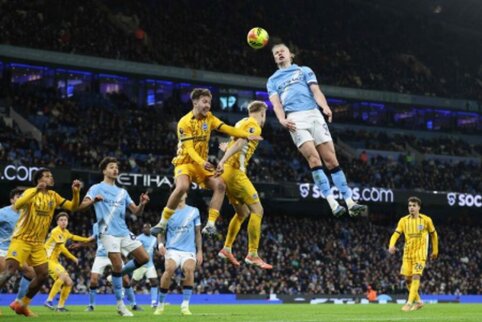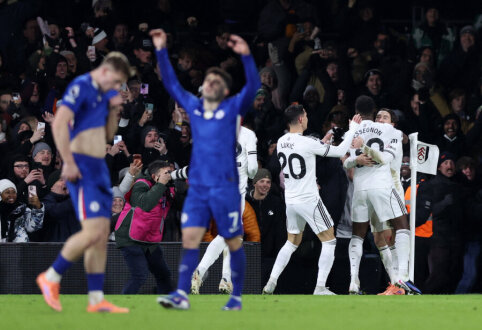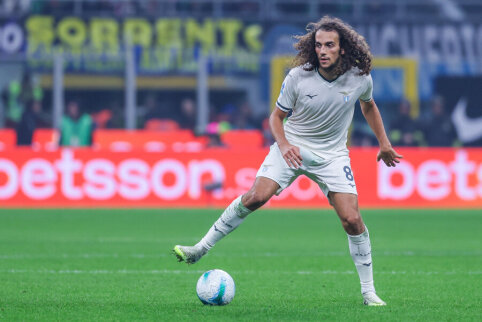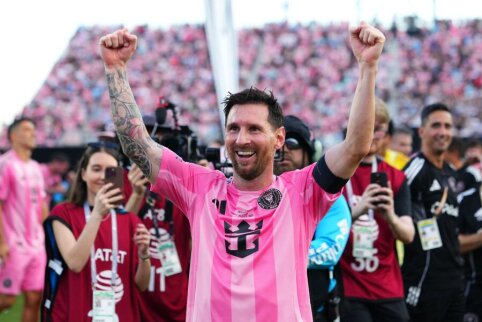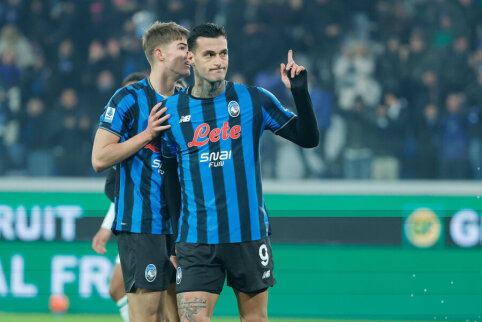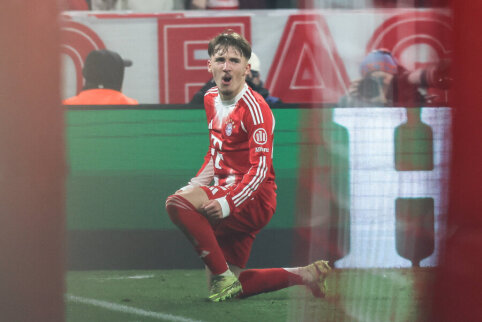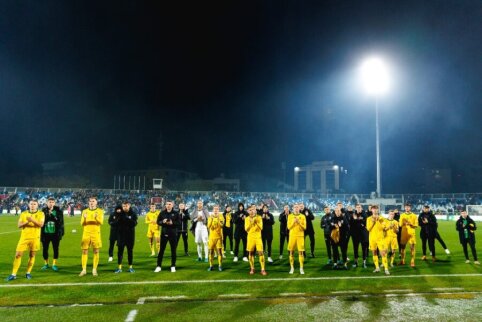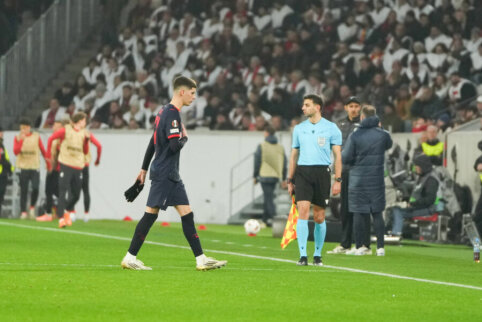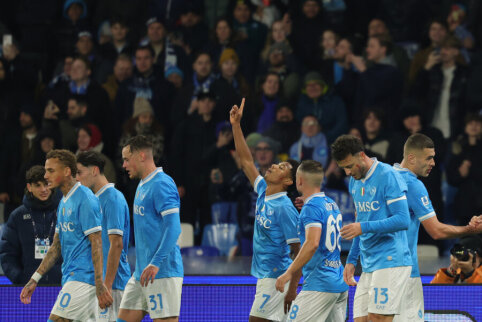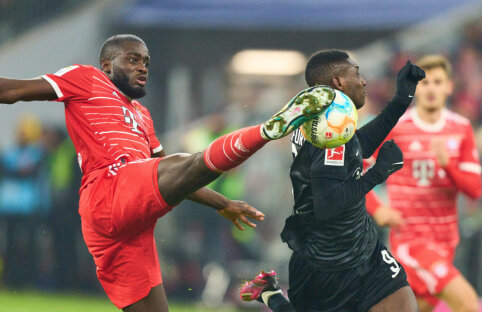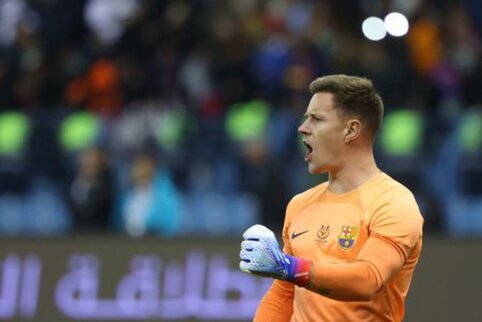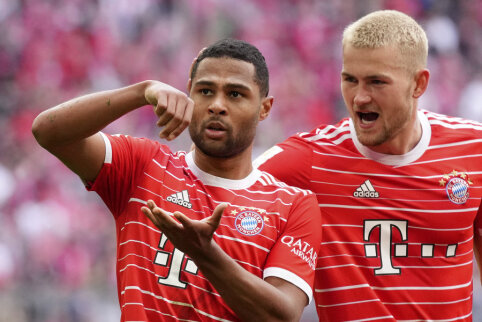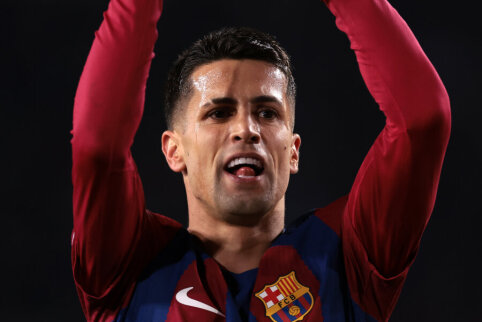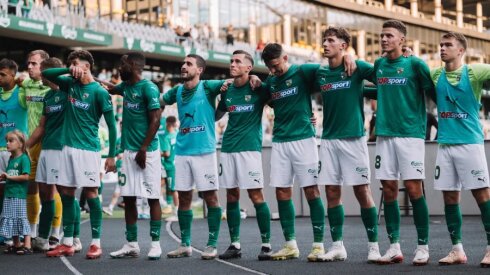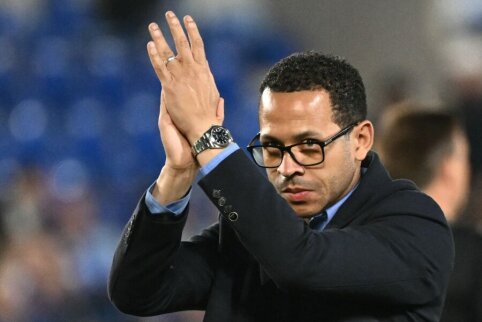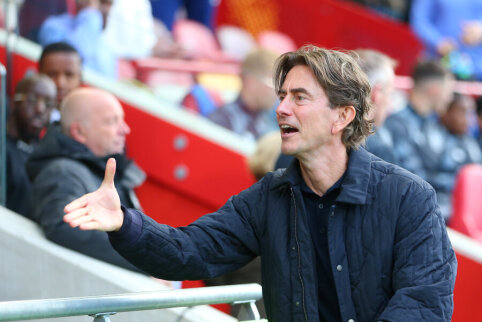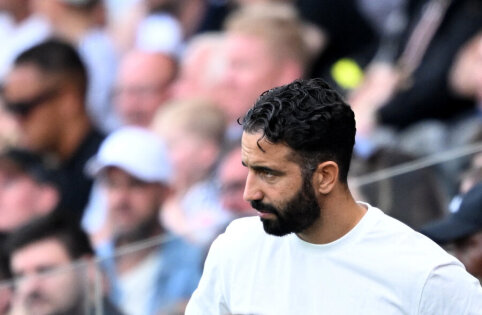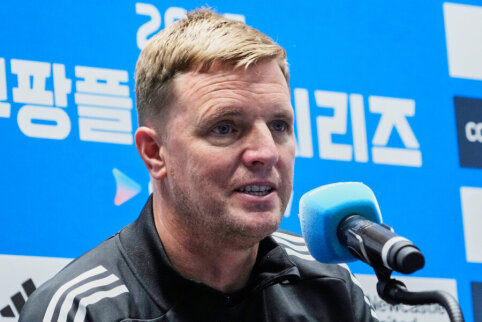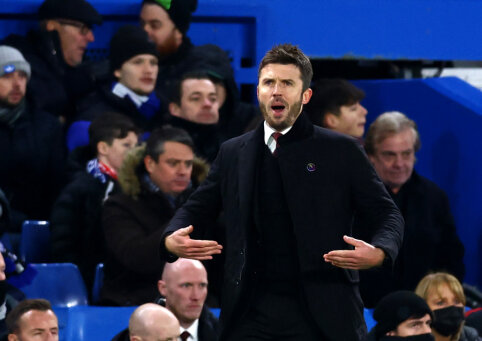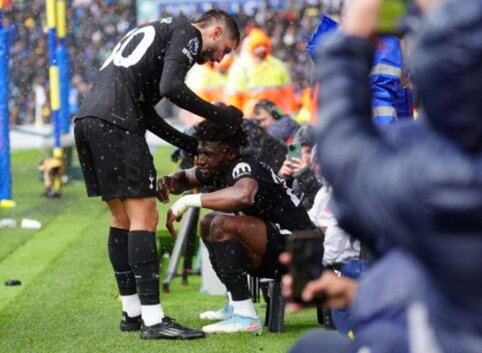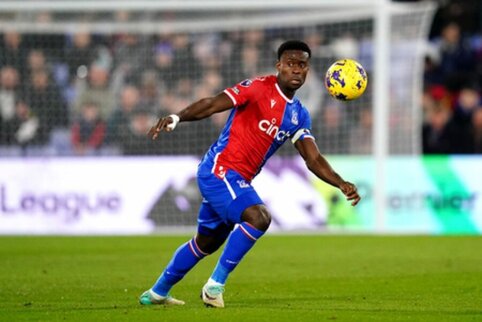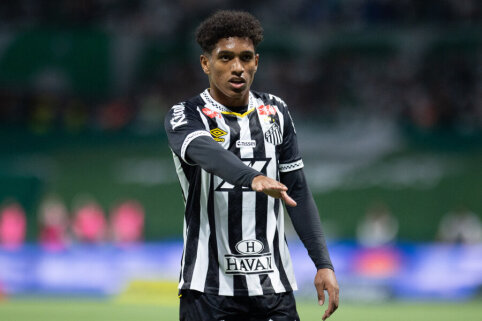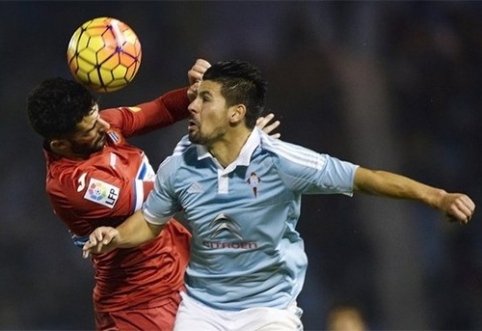
"Barcelona" negotiations with Vigo "Celta" team for forward Manuel Agudo, better known by the nickname Nolito, started loudly late Tuesday evening and finally broke off on Wednesday morning. It seems, officially.
The 29-year-old footballer, who previously played in the Catalonia club's youth academy team, had a real chance this winter to put on the "blue-granate" jersey again, but the dream, if it was in the striker's mind, seems unlikely to come true.
And here is where simple math comes in.
All the biggest Spanish sports newspapers have been announcing a public secret since the end of last year: the Catalans are aiming for Nolito, as forwards Munir El Haddadi and Sandro Ramirez are too weak and inexperienced for the "MSN" trio.
Another well-known fact: in Nolito's current contract with Vigo "Celta" team, an 18 million euro buyout clause is written. This means that any team wanting to acquire the forward must obtain his consent and transfer 18 million euros to a special account of the Spanish Football League. That's it. That's enough for the player to move to another team.
What does 18 million euros mean to "Barça", with a budget of over half a billion euros and growing profits in recent years? Almost nothing. With these and even larger sums, the Catalonia club has often shaken up the transfer market, but... in the winter of 2016, it's exactly this "almost nothing" that is hurting the Catalans. In no media report about "Barcelona"'s attempts to acquire Nolito is the possibility of an immediate purchase mentioned, instead it is emphasized that the Catalans would first loan the player for six months and have the opportunity to purchase his contract after the 2015-2016 season.
The "loan + purchase" transfer formula appeared not because "Barcelona" simply wants to see if Nolito fits into head coach Luis Enrique's tactical schemes for the rest of the season.
Even now, when FIFA sanctions on registering new players for the Catalan club have been lifted, "Barcelona" simply... doesn't have the money to acquire the player. More precisely, they have it, but they can't afford to spend it recklessly.
In a report published by "Deloitte" in June 2015, it is announced that "Barcelona" owes 328 million euros. Some of these are short-term loans that need to be repaid within a year, and are often extended, while others are long-term loans, a portion of which is repaid each year to the lenders.
In addition, the Barcelona club's statute stipulates that the ratio of debt to EBITDA (Earnings Before Interest, Taxes, Depreciation and Amortization) at the end of the financial year must not exceed 2.75. EBITDA means profits before interest, taxes, depreciation and amortization. In other words, this is called profit before interest, taxes, depreciation, and amortization. Don't be surprised, depreciation and amortization also exist in football, although these terms are usually used by many people when talking about cars or other equipment.
So, 2.75 is the ratio that the "Barça" statute does not allow to exceed. The team's financial year ends at the same time as the season, on June 30, and at this time the ratio between debt and EBITDA is 3.24. This would need to be reduced by half a year, as otherwise the Board of Directors of "Barcelona", led by Josep Maria Bartomeu, will face serious trouble.
First, a vote of no confidence or dismissal by the board and early elections could be threatened. Second, 66 percent of "Barcelona"'s revenue (do not confuse with profit) goes to football team player salaries. This is a huge amount, but the Catalans also have to maintain the basketball, handball, indoor football, and roller hockey professional sections, whose members also need to be paid salaries. Therefore, adding representatives and coaches of these sport branches, salaries are now allocated not 66 percent, but even 73 percent of all club revenues.
Many "Barcelona" fans, of course, celebrated the five cups that the "Barcelona" footballers won in 2015, but player contracts usually include various additional bonuses for winning trophies and million-dollar sums need to be transferred to the accounts of team members. Therefore, these payments also greatly increase the club's expenses.
How much does it cost to maintain an elite football team?
It is quite easy to get at least a preliminary idea by looking at publicly available data on average player salaries. So far, the "Paris Saint-Germain" club is unbeaten, with one player earning a weekly salary of $174,692. So, over a season, one key player of the "Paris Saint-Germain" team earns an average of $9.08 million. In second place in terms of this indicator is the Madrid "Real" team, whose one player earns an average of $166,180 per week, or $8.64 million per year. Third is the "Manchester City" club ($165,343 weekly and $8.59 million per year). Fourth is "Barcelona". One player of the Catalonia team contributes an average of $155,452 to his pocket per week, or $8.08 million per season.
But those are just salaries. Add coaches' salaries and staff salaries, team bonuses, infrastructure maintenance, electricity, heat, water taxes, mandatory social security and other taxes. The amounts are more than fantastic.
Furthermore, the aforementioned "Deloitte" report emphasizes the need to reduce the current 328 million euro debt of "Barcelona" by at least 15 percent by the end of the financial year. Otherwise, the swords of the so-called UEFA Financial Fair Play rules will hang above the heads of the Catalans, and penalties will be imposed. For example, in the Champions League, only 23 players will be allowed to be registered instead of 25, and fines will have to be paid. Those 15 percent mentioned are roughly 50 million euros, and the logic is simple: if you want to reduce debts, tighten your belt and spend less. Or find sponsors and increase revenues.
By preliminary and most optimistic calculations, "Barcelona" this winter could allocate a maximum of 10 million euros for the acquisition of new players, but in that case, if the entire sum is spent now, in the summer they would likely have to forget about entering into new contracts with Neymar, Luis Suárez, Sergio Busquets, and Ivan Rakitić.
Therefore, even the most 'patriotic' Barcelona fans can loudly protest and oppose negotiations with Qatar Airways or other potential sponsors, but modern business laws, fierce competition for a place in the sun, and the fight for the signatures of talented footballers simply mercilessly dictate their rules.
fcbarcelona.lt
